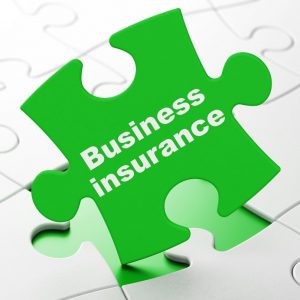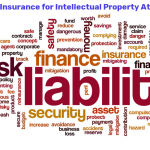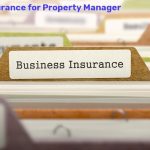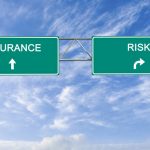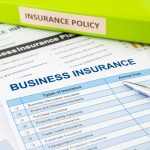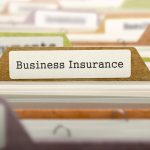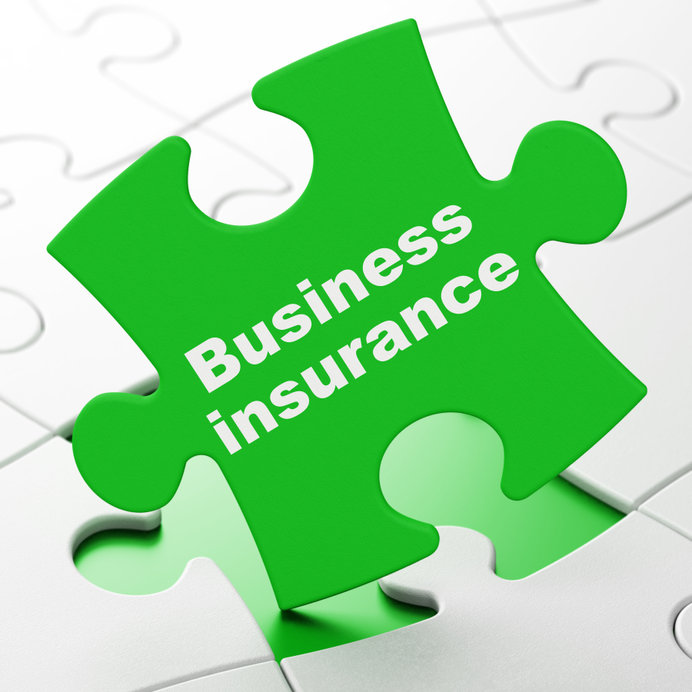
Owners of buildings used for business should keep their very high risks under control by taking out commercial property insurance.
Just as importantly, if you are running a business from your home you must seriously understand that by turning your residence into a place of business, you may be voiding your domestic property insurance and be leaving your home without any insurance.
What Are You Looking For?
Choose and Get Your Free Quote:👇️
General Liability Insurance ->
Professional Liability ->
Product Liability Insurance ->
Commercial Auto ->
Workers Compensation ->
Commercial Property ->
Other Business Insurance ->
A building or a home is often the single biggest asset that any business has to care for, and usually, there are big liabilities in the form of mortgages or bank loans that have paid for the asset, and that need to be guaranteed.
What does a standard commercial property insurance policy cover?
Basic commercial property insurance policies usually protect you in case of any losses resulting from fire, storm damage (including lightning strikes, snow, wind or hail damage), as well as acts of deliberate damage (vandalism).
Normally, damage from earthquakes and window breakage are not covered, but they can be specified with additional coverage.
Many standard policies also include a range of building content, but this would be only covering ancillary loss that occurred along with some building damage.
Items such as office furniture, equipment, stock, as well as external items like fencing, sheds, and signs that are damaged by fire, storms or vandalism at the same time as the building would be covered. However, unrelated losses, such as theft or stock or equipment, would not qualify under commercial property insurance, but need regular inventory or equipment insurance..
What is a real-life example of a commercial property claim?
A dressmaker converted her garage into a small workshop where she was manufacturing ball gowns to order.
There was a large inventory of material stored in the workshop, and one night a spark set the cloth alight.
The resulting fire destroyed the workshop, and although it didn’t spread out of the workshop, when the firefighters doused the fire, in the process they damaged the roof of the home with high-pressure water.
The homeowner’s insurance company refused to meet the costs of these repairs, on the basis that the use of part of the home for business, and the fact that the fire started in the workshop, voided their liability.
In this case, the owner of the business had taken out commercial property insurance, which included cover for external damage, so the cost of repairing both the workshop and the house were covered. Without this cover, the homeowner would have faced massive costs for repairs to the home.
How much commercial property insurance should you have, and what will it cost?
Determining how much commercial property insurance you need depends on the value of the building itself.
Usually, insurance companies will base the cover on the cost of repairs or rebuilding, not on the land value, so the geographic location is not a factor.
However, the actual premium the insurance company will charge is based not only on the value of the building but also on other factors like:
- The location of the building – is it located in an area prone to wild weather, storms or disasters like tornadoes or earthquakes
- Whether the building is built from fireproof materials, with up-to-date fire-detection equipment, plumbing and wiring
- The usage of the building – for example offices carry lower risk than restaurants (which have fire hazards) or workshops (which may damage foundations and floors). This is especially important for buildings that have multiple tenants. There may be some tenants who run hazardous businesses, and the whole building will then have to be insured for that level of risk
- Accessibility – can the building be reached by firefighters easily
- The age of the building and the prior usage, which can affect the durability of the walls and foundations
- The location can also affect the durability – buildings in rain soaked areas, or close to the sea, will usually have much lower life spans that those in drier climates
- Building located near hazardous industries like gas storage depots, refineries and other such volatile production facilities have a higher risk
All of these factors will be used to calculate the premium.
Another factor is the deductible you are prepared to fund yourself out of any claim.
A deductible is the amount that the insurance company deducts when making its payout.
For example, if you have agreed to a deductible of $1,000, and you have a claim for $5,000, you will only get $4,000 back when the claim is paid.
If your claim is $20,000, you will get $19,000 when the claim is paid.
As a rough guide, with no particularly high-risk factors attributable to your property, you can expect to pay between $100 to $120 per $10,000 of the value of the building (0.1%) per year, so a building worth $100,000 will cost around $100 per month.
FAQ
What is not covered under commercial property insurance?
Usually, a commercial property insurance policy covers you against many potential losses, but several factors coming from your kind of business or the location of the building can make it necessary to review the conditions and clauses. You may have to separately cover your risks with supplementary policies or amendments to the policy.
Some of these extra features may be:
- Coverage for loss of income in case business is interrupted by a fire somewhere else in the building, which blocks your access to your premises
- Theft of your equipment or inventory
- Damage caused by terrorist attacks or acts of war
- Earthquake coverage. It may be available as an endorsement to your policy, but many companies don’t offer it. If your building is located in a high-risk state like California, there are specialist earthquake insurers and brokers that may be able to help
- Pollution damage such as that caused by adjacent factories
Is a tenant responsible for commercial property insurance?
No! Commercial property insurance is the responsibility of the owner.
It is in your interests as a tenant to make sure that your owner has adequate insurance, and to also make sure that your own risks, like theft of inventory or equipment, vandalism against your own assets, and any part of your business not directly related to the physical building, is properly insured.
This includes public liability insurance because once a person has stepped into your own area of the building, the liability has become yours in case of an injury or damage.

